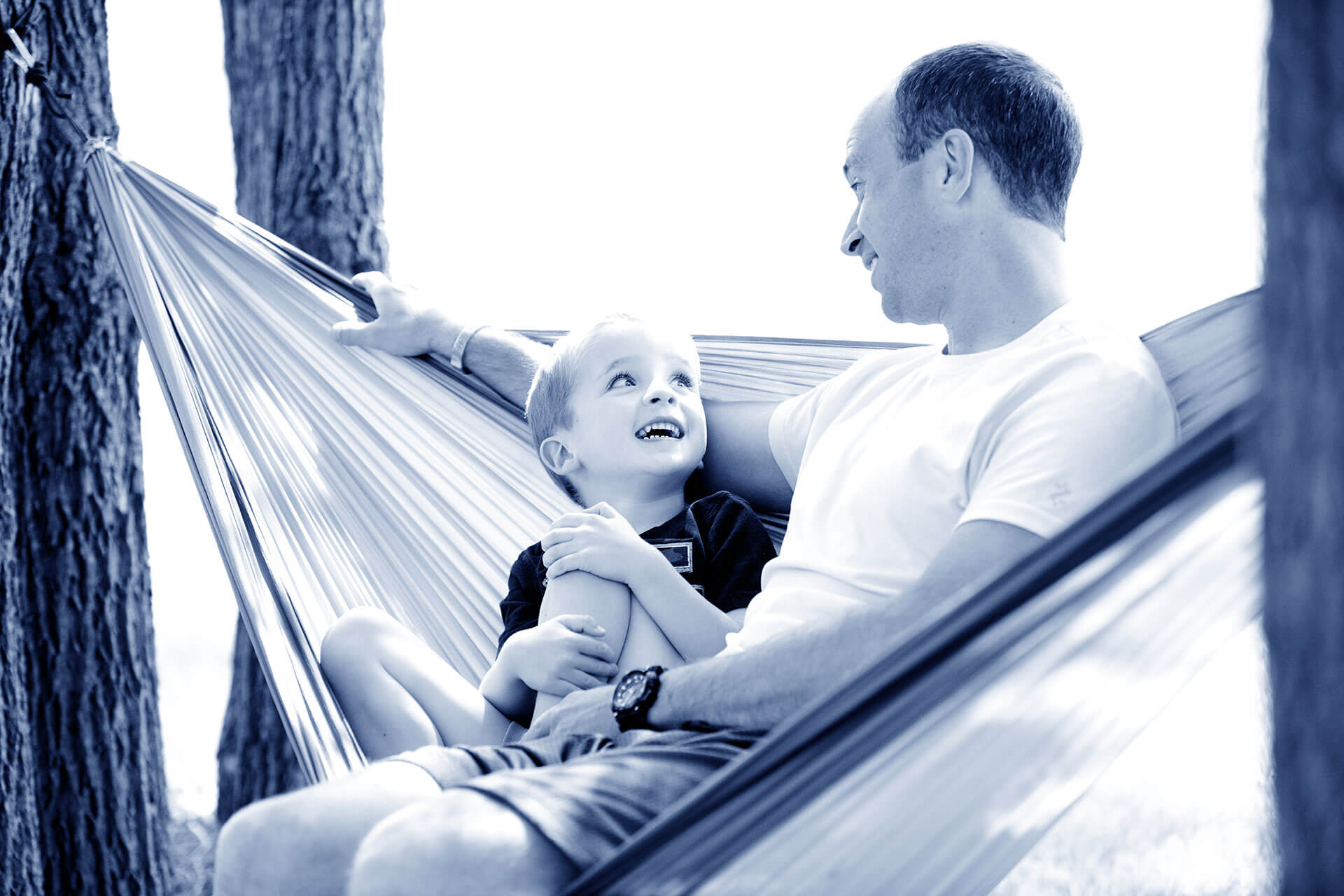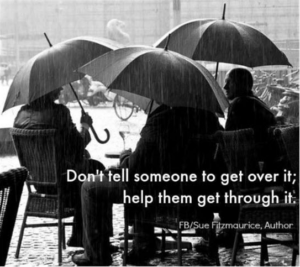At græde er lige så naturligt for kroppen som at trække vejret. Som forældre, er det vigtigt at vi ikke bare accepterer vores børns gråd, men at vi lærer dem værdien i det at græde – både piger som drenge❤️
BENEFITS OF CRYING
By Lloyd J. Thomas, Ph.D.
The first action we take after birth is “crying.” If we do not cry, we don’t breathe. If we don’t cry, we don’t survive. Crying is the only way infants let the world outside the womb know that they need something.
Breathing is the only activity critical to our survival that we can control by conscious choice or by letting our unconscious take it over. Believe me, I am so grateful that I breathe without giving it any conscious thought. According to the Oxford Dictionary of Psychology “to breathe” is derived from the Greek word, “psychein”…from which we English-speaking people get the word, “psyche,” and that word is defined as “…the human mind or soul.”
Written in that same Oxford Dictionary, we find “In Greek mythology, the soul was personified by Psyche, a young woman…Psyche is often depicted in works of art with butterfly wings or as a butterfly, because she symbolizes the human soul, suffering hardship and struggle in life but re-emerging after death in a new and better existence, like a caterpillar reborn as a butterfly.” Clearly, our minds and souls are controlled and sustained by how we breathe.
Our breath patterns change when we become: stressed; anxious or angry; engage in strenuous exercise; think stressful thoughts; become relaxed; go to sleep; meditate; laugh or cry. Breathing impacts almost every activity of our bodies, minds and souls. Before a child learns a language, crying is the only way to let people know that he or she is in need of something. Crying, and the change in breathing, expresses to the outside world a child’s inner experience…his or her internal world. Only after a language is learned do children express their wants/ needs/emotions in words.
Obviously, there are times when words “fail us.” When we experience “awe” or when we feel deeply (e.g. sadness or delight), or when we are surprised or traumatized, we “can’t find the words.” At those times, only crying sufficiently expresses our experience. Why would anyone want to stifle such a powerful emotional release that nourishes our minds and souls…even transforms our inner experiences?
In our culture, especially males are often taught not to cry. If you cry, it is often interpreted as a “sign of weakness.” “Crying is for babies.” Being called a “cry-baby” is considered a hurtful insult. Perhaps, we need to rethink the way we attribute meaning to the ability to cry.
Some of the benefits of crying include: reduction in one’s stress level; the rebalancing of one’s physiology; the expression of “unutterable” emotional experiences; the expression of empathy when others cry; the release of bodily tension; and even an enjoyable expression of laughter or connection and love. Why would anyone want to suppress any of those activities? Perhaps you would want to get comfortable again with your ability to cry. It might just nourish your mind and soul, and that could transform your experience of being alive.





